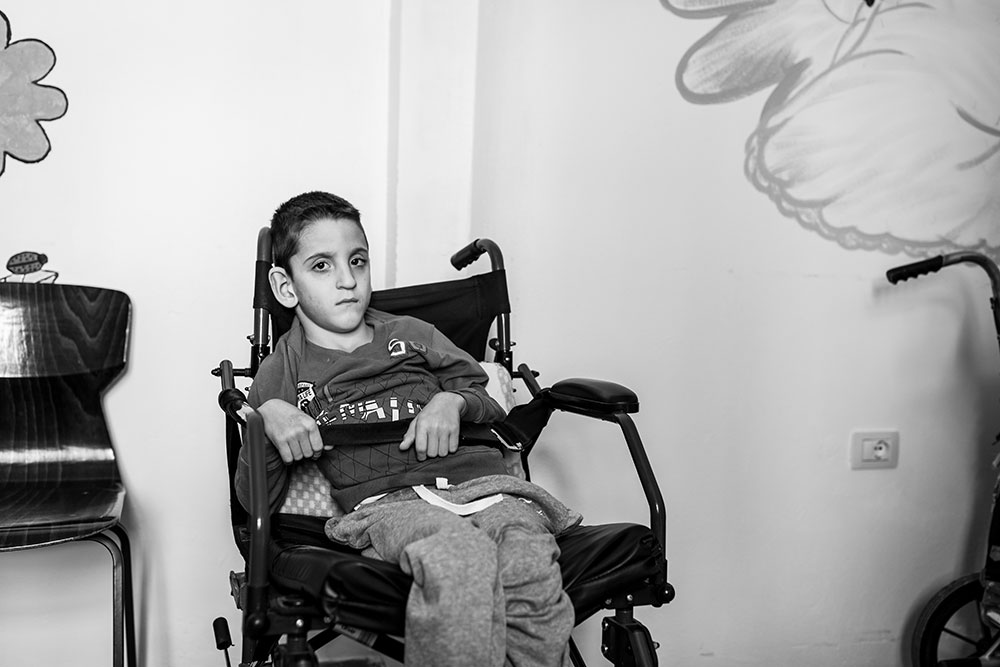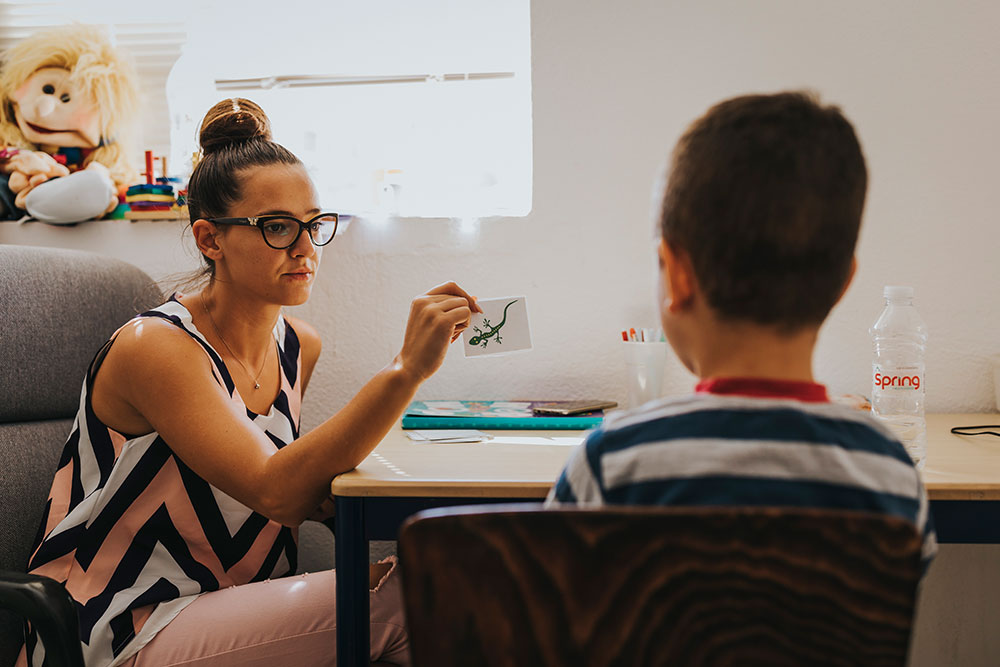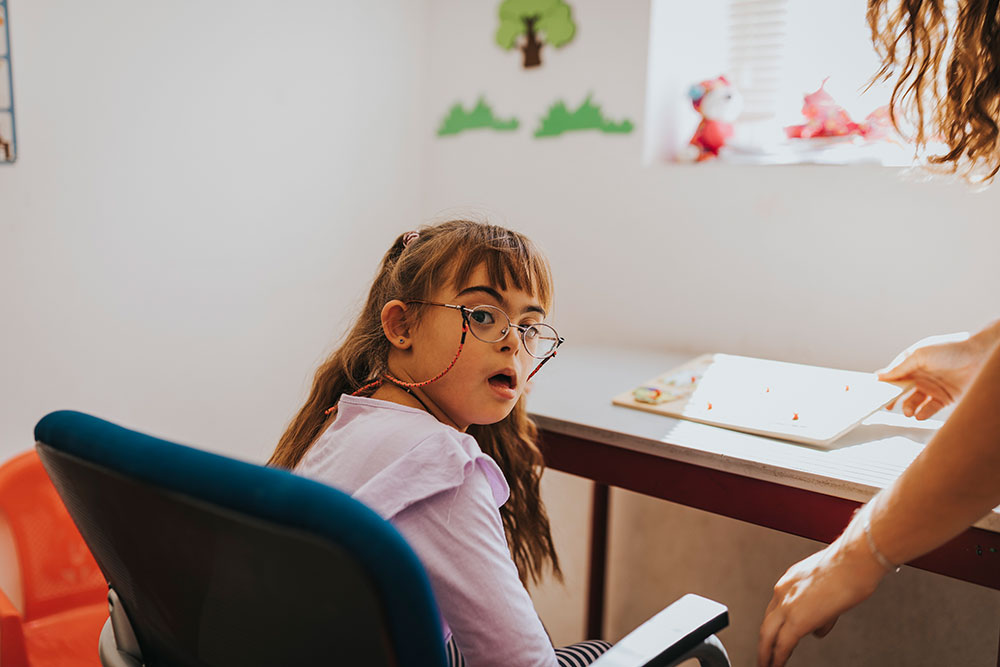There are many children with special needs. Most families keep their children at home almost all the time. They are afraid to take them out because society as a whole does not accept them. We call them the ‘hidden children’. There are few facilities and little provision or help. We have met a number of very special children with complex needs. Often there is nowhere for these families to turn for help. As the word spreads, we are seeing increasing numbers of these children who have been hidden because of ‘the shame it brings’ to the family – a perceived stigma. A family may decide it is easier and less painful just to stay at home.
We have helped provide a centre for children with special needs. The centre is open daily. Hope In Action works alongside the locally based Lidia Foundation who are pioneering this work. It is a safe space for children to come with their families. The aim is to help them help their children through practical provision, child-centred care and family support. The centre is also a place for parents to be told a diagnosis and have time to ask questions and express fears.
Hope In Action has helped to equip and provide specialist training for teachers and therapists. We have provided training on how key support at home is and the importance of the relationship between, therapist, child and parent – it is teamwork. Parents learn simple techniques and basic physio and speech therapy skills to help their children learn. Parents are encouraged to chat together as often the parent has been very isolated; they may not have even seen another family with a child with a disability. We have helped to provide suitable aids and equipment, wheelchairs etc.
Children may have a disability because of many reasons – for example genetic diseases, infectious causes, or lack of oxygen due to a difficult labour and delivery. In rural and marginalised areas, these incidences may be higher due to limited medical care in antenatal, perinatal and post-natal phase. Sadly, this can often be linked to a lack of provision and the family’s poverty and inability to therefore pay for care.
Many families are desperate to know what is wrong with their child, what the future holds for them and how they can be helped. It is wonderful when these special children, previously with little stimulation or support, start to smile, walk, enjoy life and learn new skills. Some of the children are integrated into mainstream education with support from special assistants. We want to see each of these special children fulfil their full potential.
“Every child has the right to special education and care if they have a disability, so that they can lead a full life”.
ARTICLE 23 UN CONVENTION ON THE RIGHTS OF A CHILD



